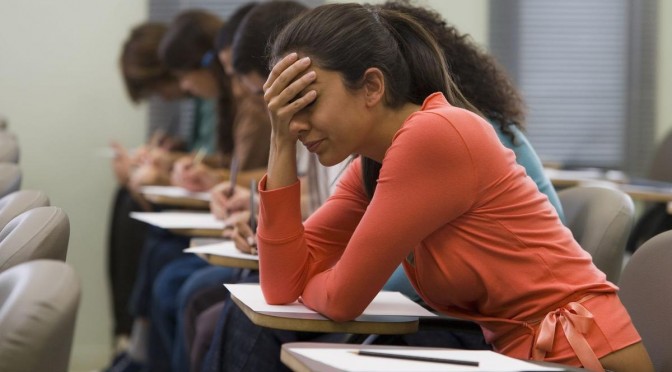In today’s society one can not ignore the fact that there is still constant generalization amongst all types of different nationalities. More often than not I witness individuals having to prove themselves innocent despite not being accused of anything. On countless occasions I have witnessed students saddened by their country and feeling a need to apologize to people. I have witnessed students feeling a need to explain themselves for actions their country proceeded in.
“There was a terrorist engagement in Turkey, and now everyone thinks Turkey is involved in terrorism”
I’m sorry for my country
“Even 70 years later, the Holocaust is still a very real ordeal for older citizens ”
I’m sorry for my country
“I was in a discussion last week, where my Nepalese classmate told the group that people from India were randomly shooting Nepali citizens at the border”
I’m sorry for my country
“Donald Trump is making a huge appearance in the media today about his racist remarks, and now again America is being looked at as a racist and belittling country.”
I’m sorry for my country
“Rape is a serious widespread issue in India still.”
I’m sorry for my country
“I took my very first indigenous studies course at UBCO and didn’t know any basic knowledge about indigenous peoples prior to the class.”
I’m sorry for my country
“Britain launched airstrikes in Syria, now everyone thinks it was the country’s decision, when indeed in was just the government’s decision.”
I’m sorry for my country
These are just very few examples of students expressing their apologies about the nation they are from or consider home.
Do we need to apologize?
There is a difference between apologizing for your country and being aware of what they have done – and whether it was right or wrong.
When one apologizes it gives the impression of guilt – as if the person were a part of the act committed.
However, in saying that, I am not one that is down playing any apology. It’s still a step in the right direction. But words are powerful and can alter opinions and interpretations.
Initially, I was looking through a certain lens going into this post but after turning this topic into a debate it really fostered my understanding in terms of why people say the things you they do.
In talking with other students, I’ve learned that the impulse to apologize is not only an internal struggle but an external one as well.
Perhaps people are what they are through their country’s or community’s actions as well as through their own individualism, which is why people are driven to apologize – or, perhaps, to take action against injustice. That could even mean to participate in a healing or recovery process.
We are shaped by our environment, which includes where we are from, the events or people impacts us, and the societal beliefs and decisions made around us. We are in some ways tied to what happens – even if we are not directly responsible.


 Follow
Follow